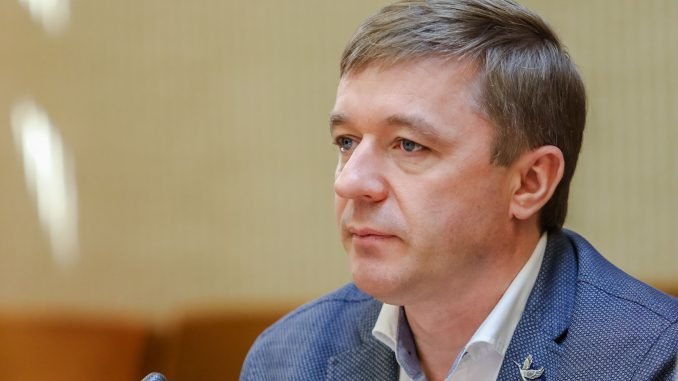
In Karbauskis’ words, a decision will be made next week whether LRT should be asked additional questions or the parliament should set up a commission of MPs authorized to work with classified information.
The parliamentarians who want answers from LRT aim to find out whether the national radio and television is making efficient use of the money from the state budget and has no plans of interfering with the content, said Karbauskis, the chairman of the parliamentary Culture Committee.
“As a committee, we are conducting parliamentary control, the Seimas has the right and the duty, as the distributor of the allocations, to know whether the money is spent efficiently. I realize that the LRT Council’s answers were an attempt to tell us there can be no interference. This is not what it is all about – there was not a single question about the content. Finances is the field controlled by the State Audit Office, we are just conducting parliamentary control and we are not satisfied with the answers here. There are simply no answers, they are creating many additional questions, as the money earmarked to LRT is enormous, growing every year, and there should be clarity as whether it is spent efficiently,” Karbauskis told BNS on Thursday.
In his words, there were was no specific information to questions about public procurement, competitions, contracts with companies.
“The questions about state property were not answered, i.e., the use of the LRT property in relation with producer companies, they keep telling about the European requirement for procurement from producer companies to reach 10 percent, whereas, in the case of LRT, they amount to about 50 percent. For some reason, they are able of developing the entire radio content themselves, whereas the Lithuanian television is no longer able to do this,” said the LFGU leader.
In his words, the information provided by LRT is of immense volume, therefore, the parliamentarians will analyse it until next week.
Earlier this week, LRT provided answers to the questions asked by nearly half of Lithuania’s 141 parliamentarians who questioned the national broadcaster’s transparency. Some of the requested information was not provided due to confidentiality reasons, as it involved producer companies and LRT audit results.
LRT currently operates three television channels and three radio channels, as well as a news portal. State allocations to the national broadcaster stood at nearly 33.7 million euros in 2016 and at 36.5 million euros this year.

Be the first to comment